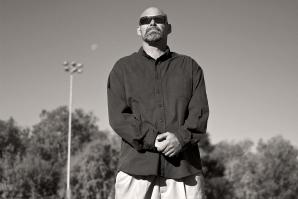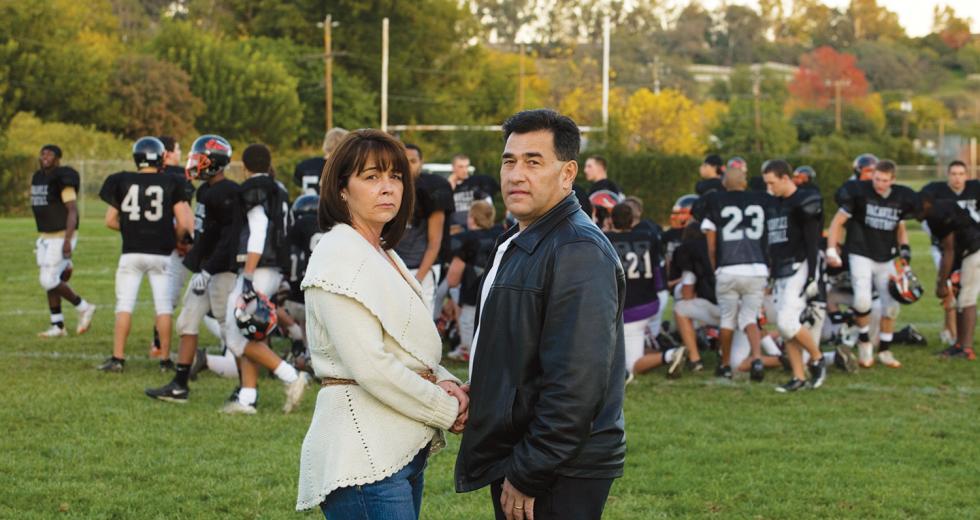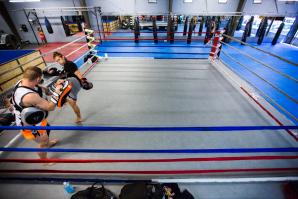Efrain Marrero’s friends and family described him as caring and gentle. Never a troublemaker or much of a risk taker, it came as a shock to the community when the 19-year-old college athlete was found dead in his family’s home. He had committed suicide after succumbing to the emotional, mental and physical strains of steroid withdrawals.
Just weeks after Efrain’s death, the Marreros took their story to Vacaville High School’s football team. One team led to another, and the calls for more storytelling continued. “It was a very emotional time,” says Frank Marrero, Efrain’s father. “But we had to create awareness.”
In September 2004, Efrain, an offensive lineman for the Solano Community College football team, told his mother he was using steroids. He shared the physical and psychological anguish caused by his hormone imbalance, and he handed over the drugs. Less than a month later, after a family trip to Disneyland, Efrain committed suicide.
“At no time did anyone tell us that this was a dangerous thing,” says Frank of the cold-turkey quit. He only later learned that when a body is withdrawing from steroids, it can cease testosterone production for a time equal to the use of the drug.
Through his journal, the family learned Efrain had been using for nearly two years; 11 of his teammates were also using or selling the drugs.
Within months of his death, the family launched a namesake nonprofit to educate students and their communities about the risks of performance-enhancing drugs. Frank estimates he has volunteered more than 10,000 hours over the past four years.
“The foundation was like a calling,” he says.
The Efrain Anthony Marrero Foundation is now looking to bring antisteroid programming to 50 high schools in Northern California and is working with Sen. Diane Feinstein to secure $580,000 in government funding.
Until then, Frank operates the foundation on roughly $115,000 a year, much of which is raised at an annual golf tournament each October. The event averages $26,000 to $30,000 in revenue. In addition, Frank was the 2009 recipient of the 49ers Community Quarterback Award. The San Francisco 49ers Foundation and NFL Charities presented the organization with a $10,000 grant in December.
Across the bay, The Oakland Raiders have stepped up to pay for all athletic teams at Vacaville High School and Will C. Wood High School to participate in gender-based health programs that teach healthy sports training and nutrition in addition to the consequences of using performance-enhancing drugs.
Frank sees the future of the foundation as limitless, and his goals are lofty. This year he began talks with the front office for Major League Baseball, which is considering using the program in conjunction with minor league teams in the Dominican Republic.
“We have placed an emphasis on Latino players because 60 percent of users are Spanish-speaking players,” Frank says. “Most of those are from the Dominican Republic, players who view baseball success as their ticket out of poverty.”
Recommended For You

Living With Intention
New Opportunities for a life of sobriety
John Lewis Sullivan was addicted to drugs at age 13, stealing to support his habit and generally making mischief of varying degrees. He’s since spent 18 of his 42 years in jail or in California’s prison system.




